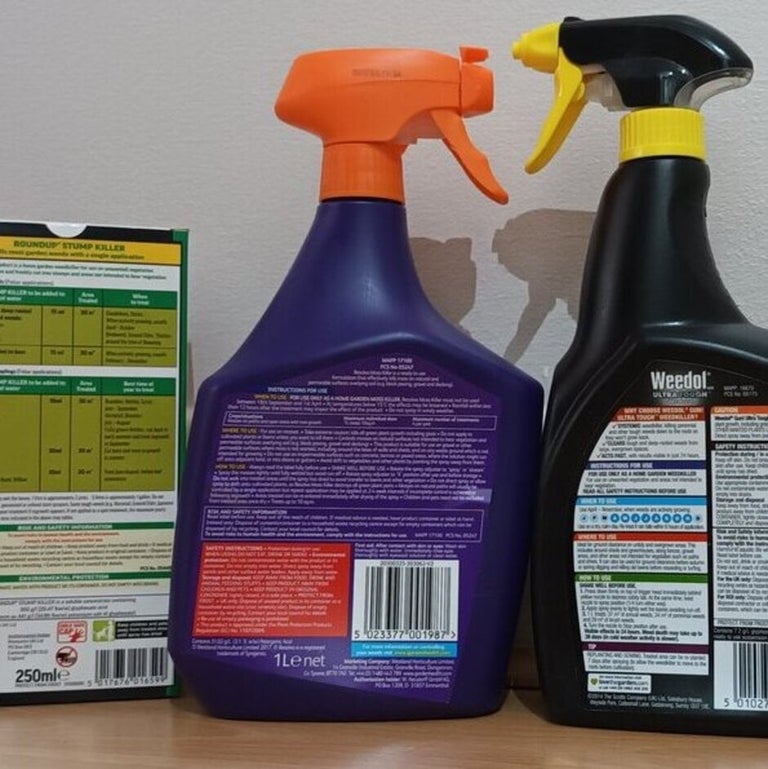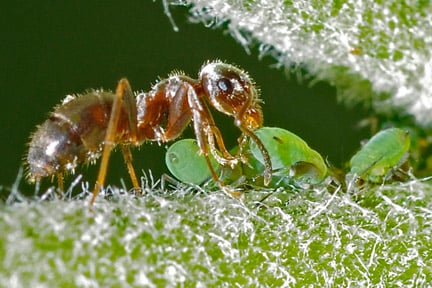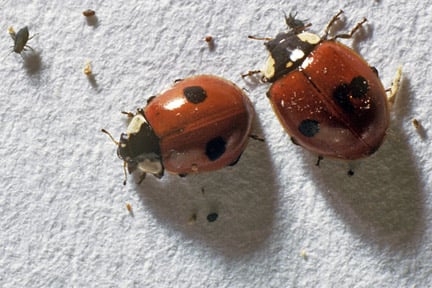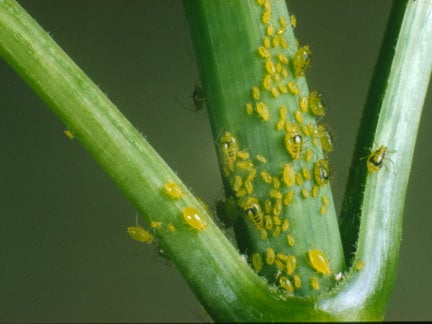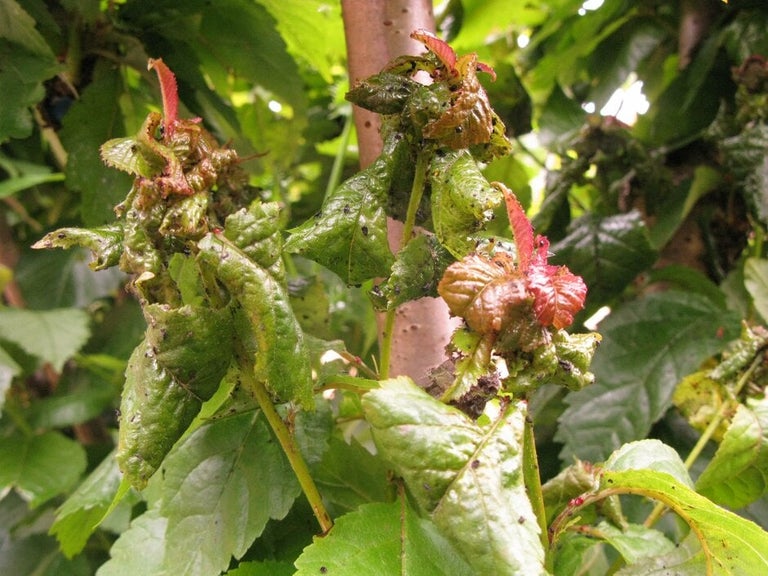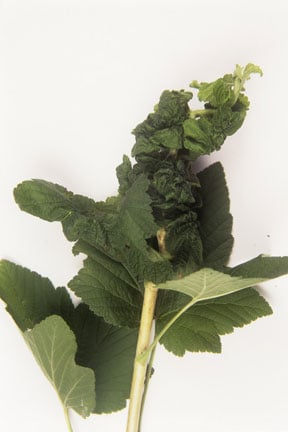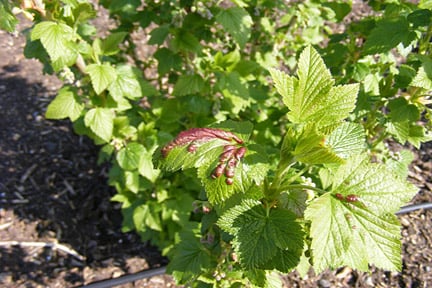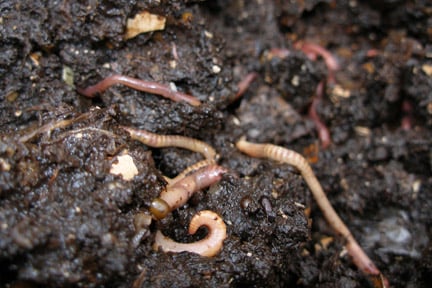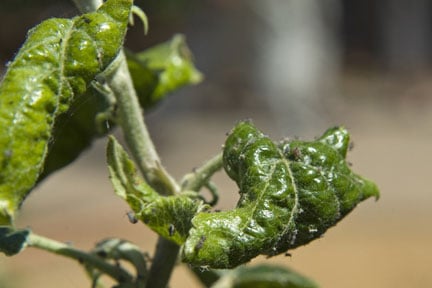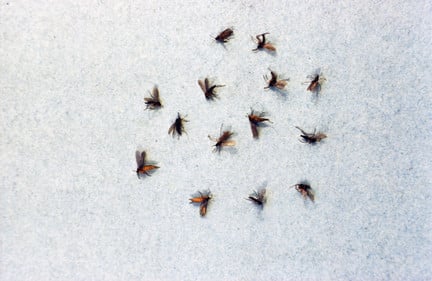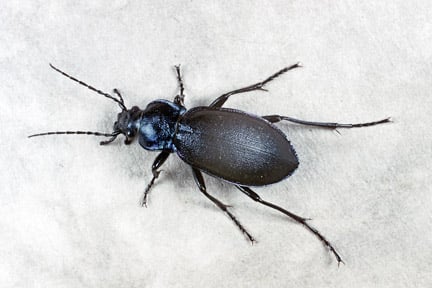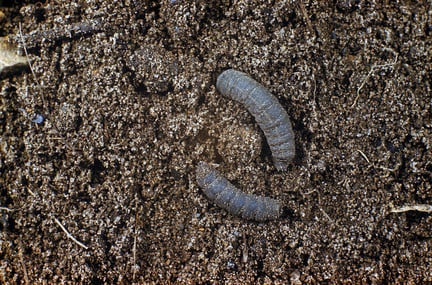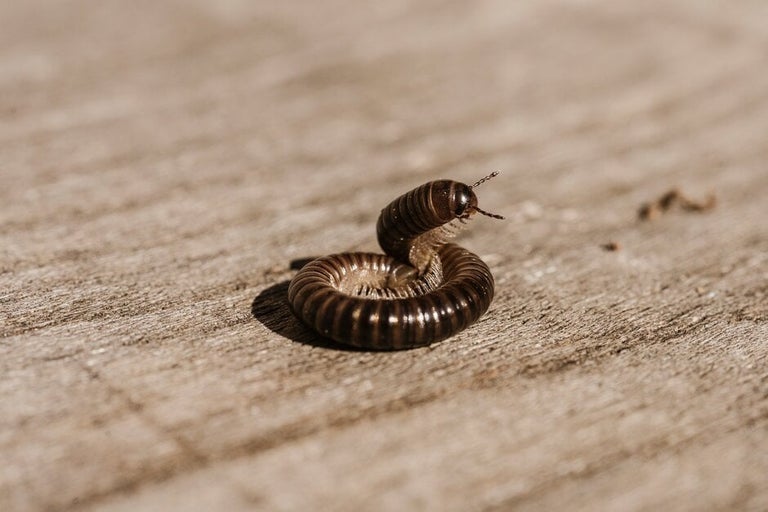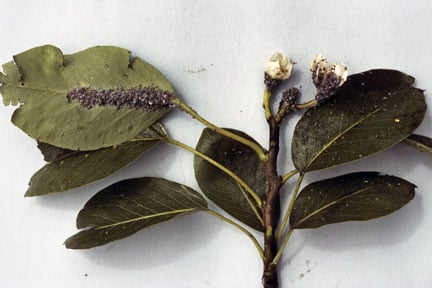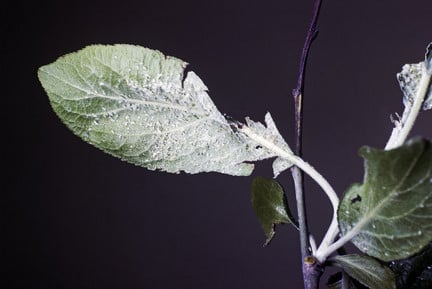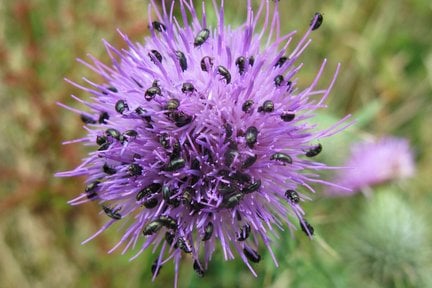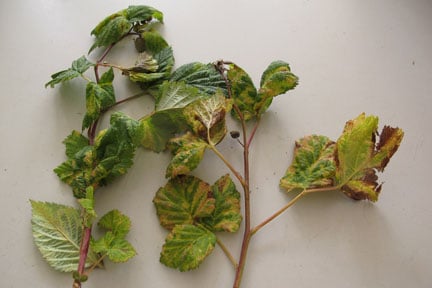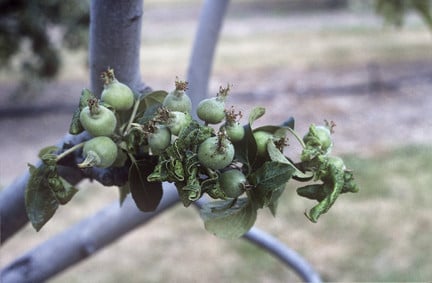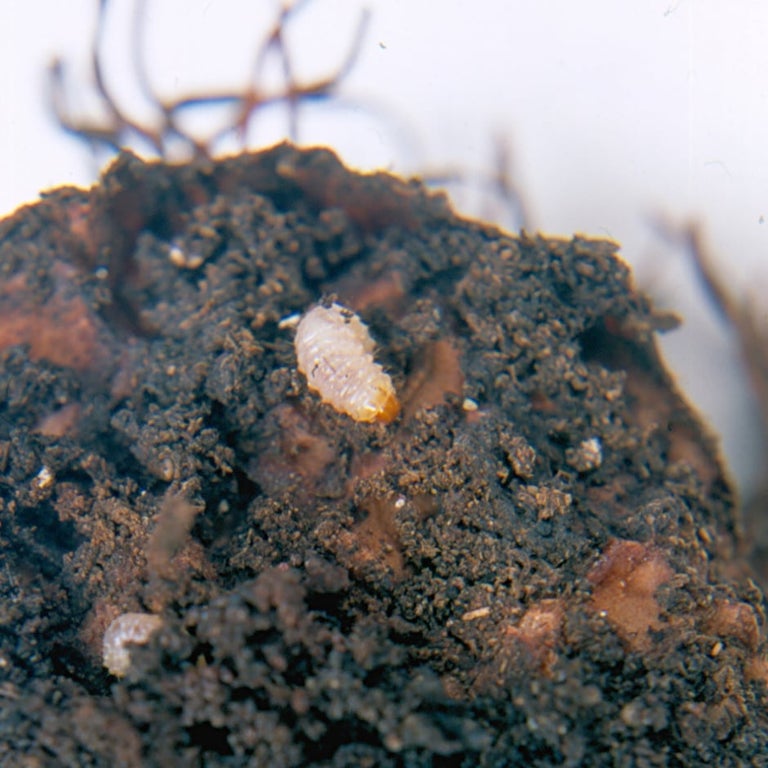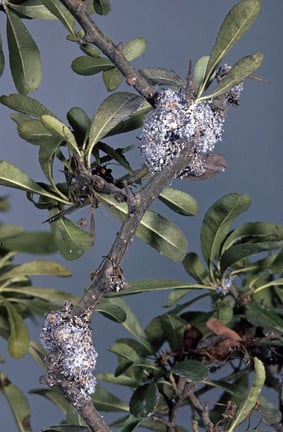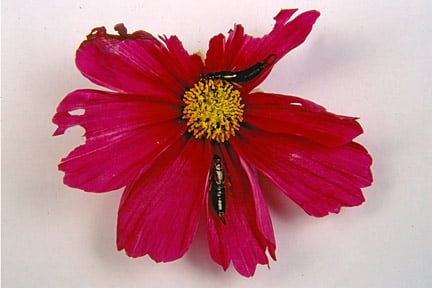
Quick facts
Common name - Common earwig
Scientific name - Forficula auricularia
Plants affected - Mainly dahlia, clematis and chrysanthemum
Main symptoms - Young leaves and flower petals are eaten. Earwigs present on the plants after dark
Most active - May-September
What are earwigs?
The common European earwig is a brown insect, it is up to 13-15 mm long (about ½ in), and has a pair of distinctive pincers or forceps on their rear end.
There have been several other species of earwig found in Britain, only one of these is widespread but the lesser earwig, Labia minor, is occassionally seen. It is half the size of the common earwig (about 6 mm). It can be found in heaps and does not damage plants. Further information on this species can be found at the Orthoptera and allied insects webpage.
Symptoms
- Earwigs are beneficial on fruit trees where they eat aphids
- Flower petals and young leaves of some plants can be eaten; older foliage is occasionally reduced to a tattered network of veins
- Inspect plants by torchlight on a mild night to confirm earwigs are a cause of damage, feeding by slugs and some caterpillars can appear similar
- Earwigs hide in sheltered places during the day and emerge after dark to feed
Benefits of earwigs for control of fruit aphids
On fruit trees earwigs can give good control of fruit aphids and do not cause damage to the trees or fruit. Providing shelters such as flower pots loosely stuffed with hay in trees can help increase numbers.

Management
- On fruit trees earwigs should be encouraged as they are useful predators of fruit aphids
- Tolerate earwigs in the garden, they are part of the natural balance and in some cases, especially fruit trees and shrubs, can help reduce aphid numbers. Feeding damage to flowers and leaves from earwigs is often superficial although it can be frustrating if perfect blooms are a necessity.
- Check susceptible plants frequently from spring onwards so action can be taken before a damaging population has developed
- Trap earwigs by placing upturned flower pots loosely stuffed with hay or straw on canes among plants being attacked (This can also provide useful shelter when encouraging earwigs in fruit trees). Every morning shake out the pots and remove the earwigs (Do not do this if encouraging earwigs in fruit trees) This may not protect plants when earwigs are abundant, but it is a useful means of monitoring their numbers
Biology
In midwinter and again in early summer batches of eggs are laid in the soil by adult female earwigs. Earwigs are one of the few insects where the adults show some parental care, protecting the eggs and nymphs from predators and fungal infections; the female earwigs remain with their eggs until they have hatched. Earwig nymphs look like smaller, often paler, versions of the adult insect; as nymphs they have pincers. Female earwigs usually have straight pincers at the rear end, whilst those of males are curved. The pincers are harmless although they may be raised in self defence. Earwigs overwinter as adult insects in the soil and other sheltered places.
Earwigs are largely nocturnal, coming out to feed at night during late spring to early autumn and prefer soft tissues to older foliage. Earwigs also feed on aphids and some other invertebrates and can help reduce populations particularly in fruit trees.

